Find Help
More Items From Ergsy search
-

On the day of your cataract surgery
Relevance: 100%
-

Cataract surgery can resolve life long short-sightedness?!
Relevance: 98%
-
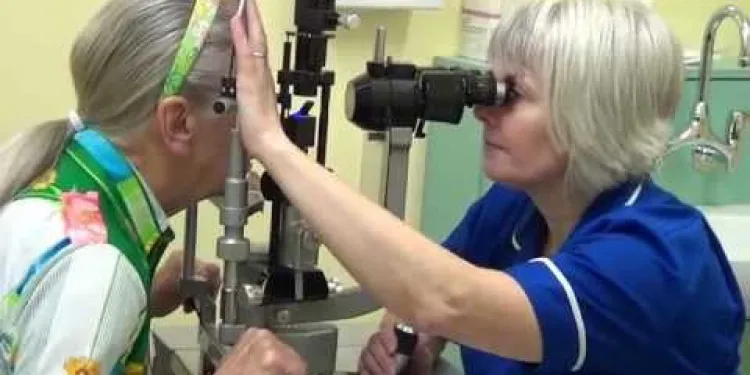
Your Cataract Operation
Relevance: 88%
-
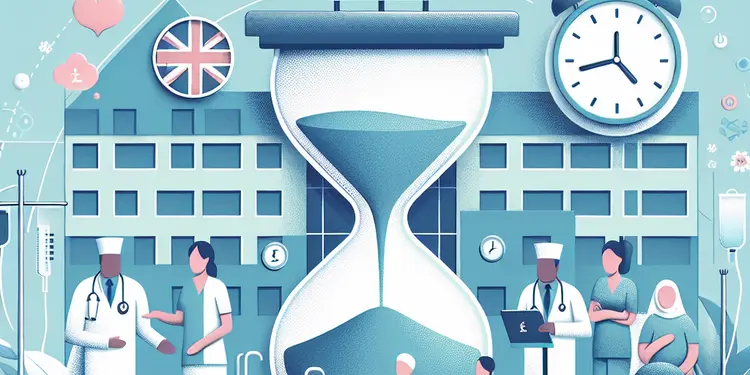
NHS Faces Backlash Over Record-Breaking Surgery Waiting Times
Relevance: 47%
-

How do I know if my surgery is considered elective or urgent?
Relevance: 45%
-
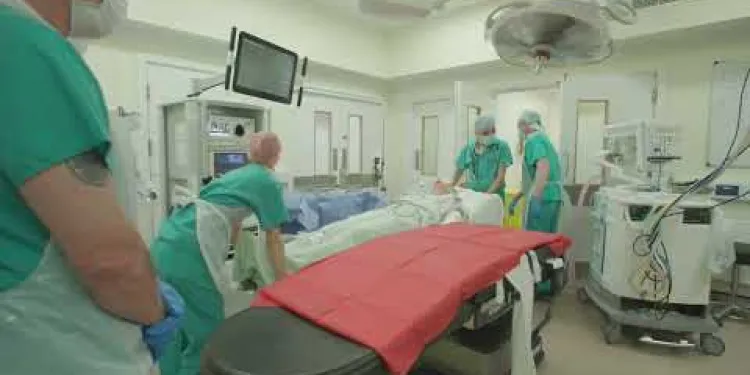
Prostate Surgery
Relevance: 44%
-
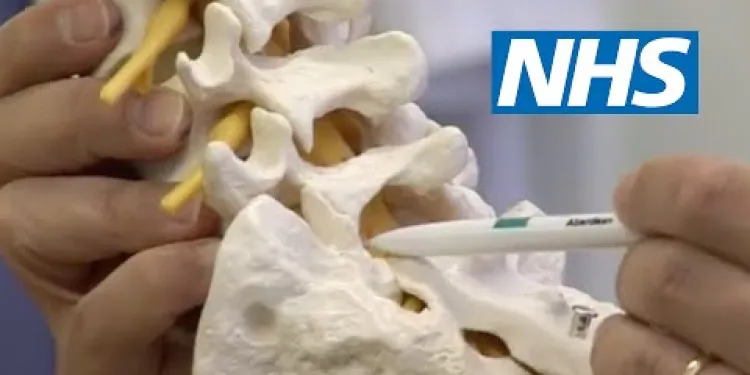
Lumbar surgery | NHS
Relevance: 41%
-

Weight Loss Surgery
Relevance: 41%
-
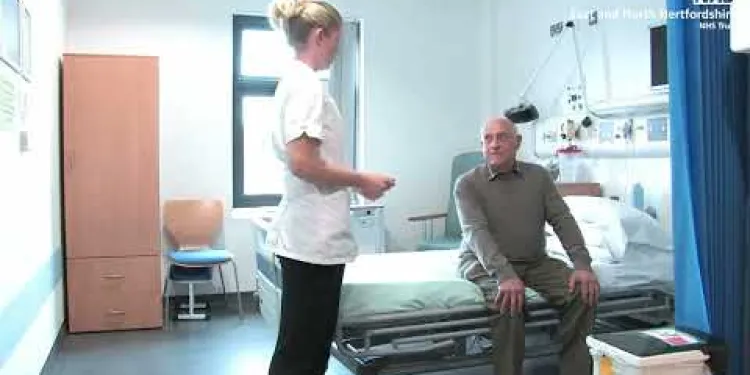
A journey to hip surgery
Relevance: 41%
-
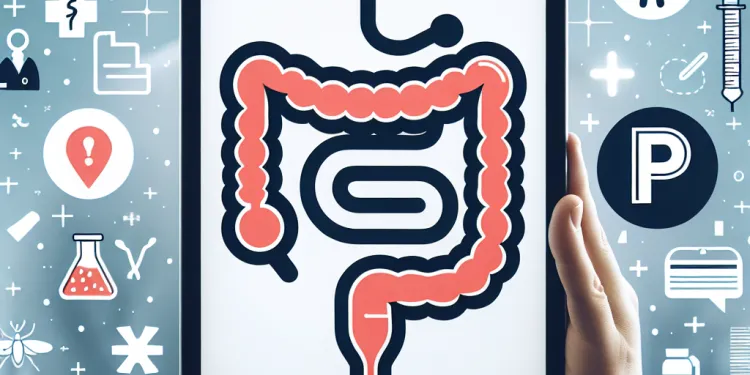
Is surgery necessary for Crohn's disease?
Relevance: 39%
-

Evidence-Based Interventions: haemorrhoid surgery
Relevance: 39%
-

When is surgery recommended for BPH?
Relevance: 38%
-

Experiencing delirium after surgery
Relevance: 38%
-

How do I prepare for hip replacement surgery?
Relevance: 37%
-

Thyroid eye disease. Squint surgery - The operation
Relevance: 36%
-

How does surgery treat prostate cancer?
Relevance: 36%
-

What factors affect the waiting time for my surgery?
Relevance: 36%
-

What is minimally invasive hip replacement surgery?
Relevance: 36%
-

What are the side effects of prostate cancer surgery?
Relevance: 36%
-

What is the likelihood of needing surgery for suspected appendicitis?
Relevance: 36%
-
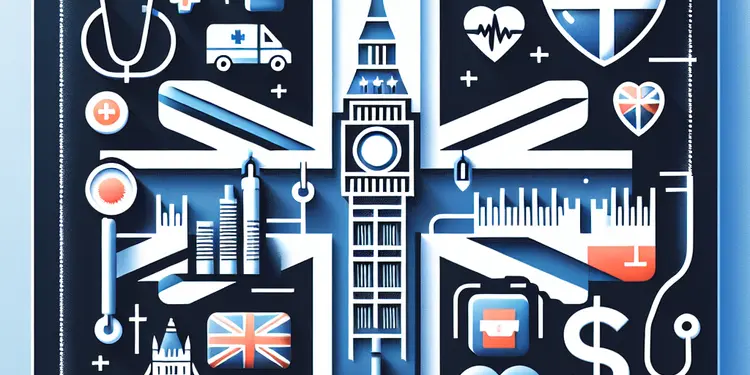
Is surgery always required to treat flesh-eating disease?
Relevance: 35%
-
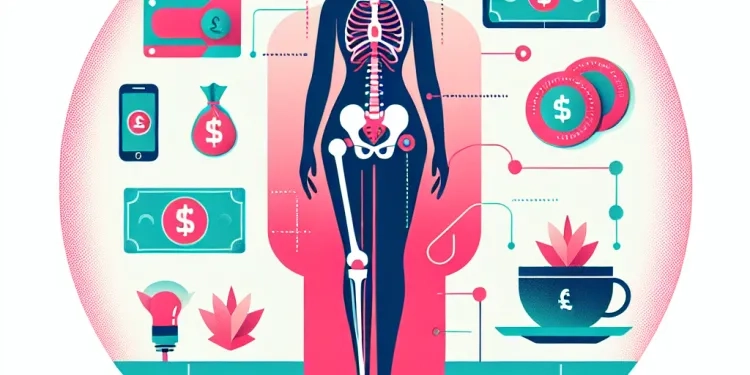
What are the risks associated with hip replacement surgery?
Relevance: 35%
-

Will changing my surgery date impact my waiting time?
Relevance: 35%
-

Is there a national database for checking waiting times for surgeries?
Relevance: 35%
-
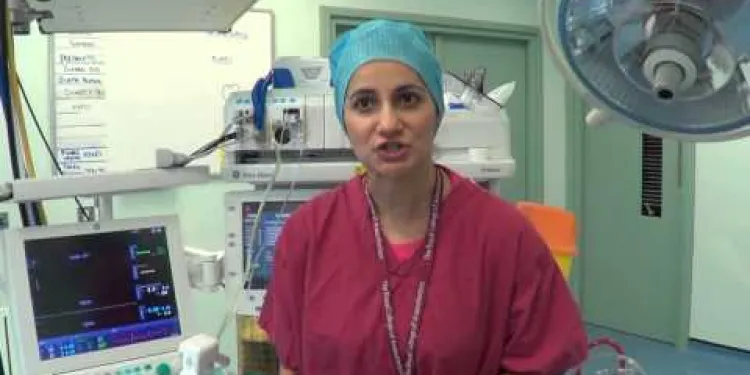
Enhanced Recovery After Surgery in Forth Valley
Relevance: 35%
-

Inpatient Surgery at North Bristol NHS Trust
Relevance: 35%
-

How long does a hip replacement surgery take?
Relevance: 35%
-

How much does hip replacement surgery cost in the UK?
Relevance: 35%
-

Undergoing day case surgery at University Hospitals Bristol
Relevance: 34%
-

What does Carpal Tunnel Syndrome surgery involve?
Relevance: 34%
-
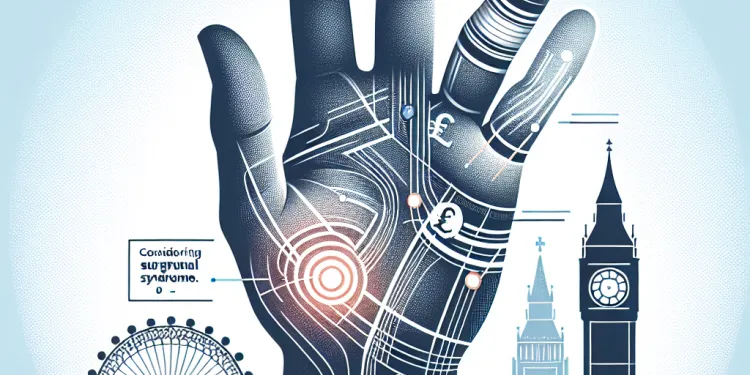
When should I consider surgery for Carpal Tunnel Syndrome?
Relevance: 34%
-

What is the recovery time after Carpal Tunnel Surgery?
Relevance: 34%
-
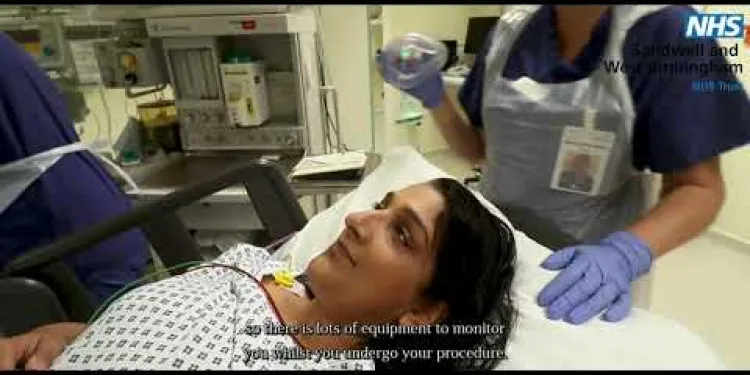
What to expect when visiting our hospitals for surgery | Theatres
Relevance: 33%
-
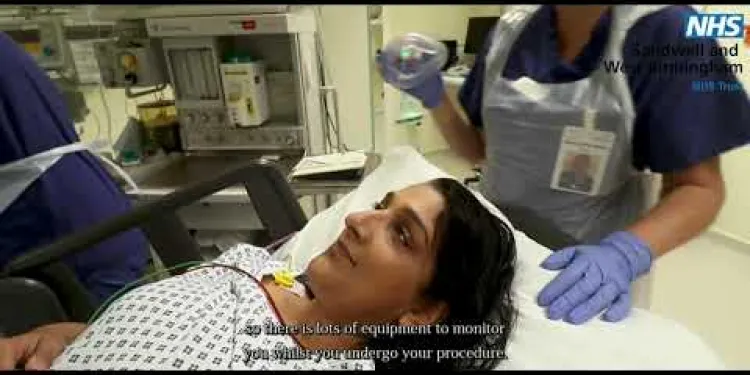
What to expect when visiting our hospitals for surgery | Theatres
Relevance: 33%
-
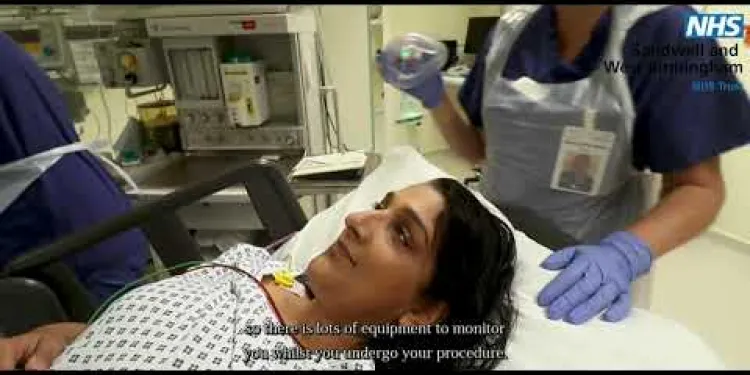
What to expect when visiting our hospitals for surgery | Theatres
Relevance: 33%
-

How do AI-assisted robotic systems enhance lung cancer surgeries?
Relevance: 33%
-
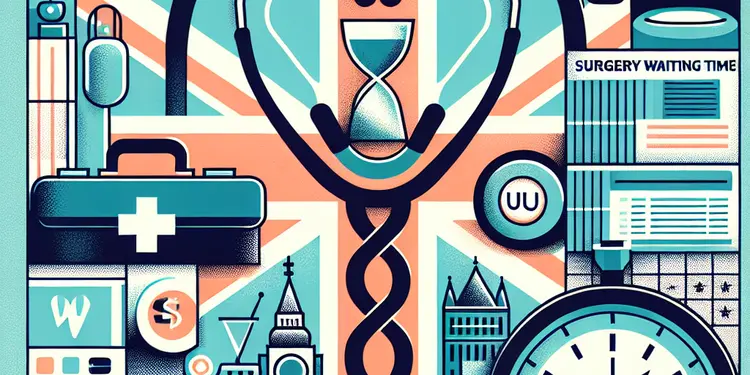
Who should I contact for questions about surgery waiting times?
Relevance: 33%
-

What type of anaesthesia is used during hip replacement surgery?
Relevance: 32%
-

Post hand surgery - Stiffness management and trigger finger
Relevance: 32%
-
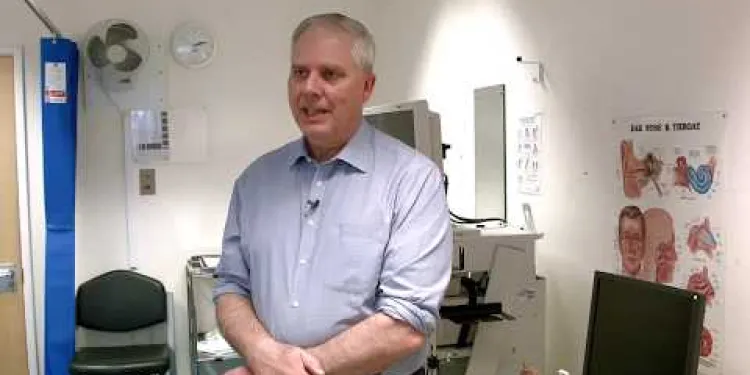
Evidence-Based Interventions: snoring surgery in the absence of Obstructive Sleep Apnoea (OSA)
Relevance: 32%
On the Day of Your Cataract Surgery
Preparing for Your Surgery
On the day of your cataract surgery, it is important to arrive at the hospital or clinic on time. You will have been given specific instructions during your preoperative appointment. You should refrain from eating or drinking anything after midnight on the day of your surgery, unless otherwise directed by your doctor.
Checking In
Upon arrival, you will check in at the reception. Ensure you carry your NHS card and any other necessary identification documents. You may be asked to fill out some forms and provide information about your medical history.
Pre-Surgery Preparations
Once checked in, you'll be taken to a preoperative area where you will be asked to change into a surgical gown. A nurse will measure your blood pressure, heart rate, and administer eye drops to dilate your pupil and anaesthetize your eye. You should also discuss any last-minute concerns or questions with your surgeon or nurse at this time.
The Surgery
The actual cataract surgery typically lasts between 15 and 30 minutes. You will be awake during the procedure, but your eye will be numbed, so you won't feel any pain. A small incision is made in the eye, and the cloudy lens is removed. It is then replaced with a clear artificial lens. The incision usually does not require stitches and heals naturally over time.
Post-Surgery Recovery
After the surgery, you'll be taken to a recovery room where you will rest for a little while. Your vital signs will be monitored, and once the medical team is sure you are stable, you will be given post-operative instructions. These may include using prescribed eye drops, avoiding strenuous activities, and not rubbing your eye.
Returning Home
It is advisable to have someone accompany you home as your vision may be blurry, and you might feel groggy from the anaesthesia. Follow the post-operative care instructions carefully to ensure a smooth recovery. Your doctor will schedule a follow-up appointment to monitor your healing process.
Additional Tips
It is normal to experience mild discomfort, itching, or a feeling of having something in your eye after the surgery. Avoid rubbing your eye and use the prescribed medications diligently. If you experience severe pain, vision loss, or other concerning symptoms, contact your doctor immediately.
On the Day of Your Cataract Surgery
Getting Ready for Surgery
On your surgery day, go to the hospital or clinic at the right time. The doctor gave you rules to follow before the surgery. Don't eat or drink after midnight unless your doctor says it's okay.
Checking In
When you arrive, you will check in at the front desk. Bring your NHS card and ID. You might need to fill out forms and talk about your medical history.
Getting Ready Before Surgery
After you check in, you will go to a special area. You will change into a gown. A nurse will check your blood pressure and heart rate. You will get eye drops to make your pupil bigger and numb your eye. Talk to your doctor or nurse if you have questions.
The Surgery
The surgery takes about 15 to 30 minutes. You will be awake, but your eye will not hurt. The doctor will make a small cut in your eye and take out the cloudy lens. They will put in a new clear lens. The cut heals by itself.
Recovering After Surgery
After surgery, you will rest in another room. The medical team will check you to make sure you are okay. They will give you instructions for taking care of your eye. You will need to use eye drops and avoid heavy activities. Do not rub your eye.
Going Home
You should have someone take you home because your vision may be blurry. Follow the care instructions to help your eye heal. You will have a follow-up appointment to check your eye.
Extra Tips
It is normal if your eye feels a bit itchy or uncomfortable. Do not rub your eye. Use your eye drops as the doctor says. If your eye hurts a lot or you cannot see well, call your doctor right away.
Frequently Asked Questions
What should I bring with me on the day of cataract surgery?
Bring your identification, referral letter, any relevant medical documents, a list of medications you're currently taking, and a pair of sunglasses for after the procedure.
Can I eat before cataract surgery?
You should not eat or drink anything for at least 6 hours before your scheduled surgery time, as instructed by your healthcare provider.
Should I arrange for someone to drive me home?
Yes, you will need someone to drive you home as the effects of the sedation and the procedure itself will impair your ability to drive.
What kind of anaesthesia is used?
Usually, local anaesthesia with sedation is used for cataract surgery to numb the eye and help you relax during the procedure.
How long does the surgery take?
The actual procedure typically takes about 15 to 30 minutes, but plan on being at the surgical centre for a few hours for pre- and post-operative care.
Will I be awake during the surgery?
Yes, you will be awake but sedated. Your eye will be numbed, so you shouldn't feel pain during the procedure.
Do I need to stop taking my medications?
Inform your doctor of all medications you take. Follow their specific instructions about which medications to stop or continue.
What should I wear on the day of the surgery?
Wear comfortable, loose-fitting clothing. Avoid wearing any makeup, lotions, or fragrances.
How should I prepare my eye for surgery?
You may be prescribed antibiotic eye drops to use one or two days before surgery to prevent infection. Follow your doctor's instructions carefully.
Will I experience pain during the surgery?
You should not feel pain due to the local anaesthesia. You might feel some pressure or mild discomfort.
What happens immediately after the surgery?
After the surgery, you will rest for a short time in a recovery area. Your doctor will check your eye to ensure the procedure was successful, and you will receive post-operative care instructions.
Will I need to wear an eye patch?
You may be given an eye shield to wear for protection, especially during sleep, although this can vary depending on your surgeon's recommendations.
Can I take a shower or bath after surgery?
It's usually recommended to avoid getting water in your eye for a few days. You can take a bath or shower, but be cautious to keep your eye dry.
What activities should I avoid post-surgery?
Avoid strenuous activities, heavy lifting, and bending over for at least a week. Your doctor will provide detailed instructions based on your specific situation.
When will I have the follow-up appointment?
A follow-up appointment is usually scheduled for the day after surgery to monitor your recovery and check the success of the procedure.
What to Take to Your Cataract Surgery
Are you going to have cataract surgery? Here are some things to bring with you:
- A list of your medicines
- Your glasses
- Comfortable clothes
- Anyone can help you go home
Ask your doctor or nurse if you have any questions. They can help you understand what you need.
Bring your ID, a letter from your doctor, any medical papers you need, a list of medicines you take now, and sunglasses for after the procedure.
Can I eat before cataract surgery?
Before you have cataract surgery, the doctor will tell you what to do. Many times, you should not eat before the surgery. This helps make sure everything goes well. Ask your doctor when you should stop eating. You can also ask someone you trust to help you remember.
Before your surgery, do not eat or drink for at least 6 hours. Your doctor says this is important.
Do I need someone to drive me home?
Yes, you need someone to drive you home. The medicine and the procedure make it hard for you to drive safely.
What type of medicine makes you sleep during an operation?
Doctors use something called local anaesthesia for cataract surgery. This helps numb, or make your eye not feel anything, during the surgery. They also give you medicine to help you stay calm and relaxed.
If you find reading hard, you can try some helpful tools. Audiobooks read the words to you, and text-to-speech apps can read out the text on a screen. Taking breaks while reading or asking someone to read with you might help too.
How long is the surgery?
The operation usually takes about 15 to 30 minutes. But you should plan to be at the surgery place for a few hours. This is for care before and after the operation.
Will I be awake during the surgery?
The doctor will give you special medicine before the surgery. This will make you sleep. So, you will not be awake during the surgery. You will not feel anything.
If you have questions, you can ask your doctor. They will help you understand better.
Yes, you will be awake, but you will feel calm because of medicine. Your eye will not hurt because it will be numb during the procedure.
Should I stop taking my medicine?
You should always talk to your doctor before stopping any medicine. They can tell you what is best for your health.
Here is what you can do:
- Ask your doctor if you have any questions about your medicine.
- Write down any changes in how you feel and tell your doctor.
- Use a calendar or phone reminder to help you take your medicine on time.
Tell your doctor about all the medicines you take. Do what they say about which ones to stop or keep taking.
What clothes should I wear for my surgery day?
Wear clothes that are comfortable and loose. Do not wear makeup, lotions, or strong smells.
How do I get my eye ready for surgery?
Surgery is when doctors fix something in your body. Here are some tips to get your eye ready:
- Listen to your doctor. They will tell you what to do.
- Ask questions if you don't understand. It's okay!
- The doctor might give you some eye drops. Use them as they say.
- Find a friend or family member to help you before and after surgery.
- Use a calendar or reminder app to remember the date of your surgery.
These will help your eye get ready for surgery.
Your doctor might give you eye drops with medicine called antibiotics. These help stop germs from causing an infection in your eyes. You might need to start using them one or two days before your surgery.
Make sure to do what your doctor says exactly.
Will it hurt during the surgery?
During the surgery, you won't feel any pain because doctors give you special medicine to help. It can make you feel sleepy or like you're dreaming. This way, you feel comfy and safe.
If you're worried, you can talk to someone about it. Writing down your questions can help you remember them. You can also bring a family member or friend to support you.
Using relaxation techniques, like deep breathing, can also help you feel calm before the surgery.
You should not feel any pain because of the medicine. You might feel a little pressure or a bit uncomfortable.
What happens right after the operation?
After the operation, you will wake up in a special room. This room is called the recovery room. Nurses will be there to help you.
You might feel a little sleepy or dizzy. This is normal. The nurses will check your heartbeat and make sure you are okay.
If you feel any pain, tell the nurse. They can give you medicine to help you feel better.
You could use helpful tools like picture cards to communicate how you feel. You can also ask a family member or friend to be with you if that's allowed.
After the surgery, you will rest for a little while in a special area. Your doctor will look at your eye to make sure everything went well. You will also get instructions on how to take care of your eye after the surgery.
Will I need to wear an eye patch?
Do I have to wear something over my eye?
This is a question about needing an eye patch. If you have a problem with one of your eyes, sometimes doctors suggest wearing an eye patch.
An eye patch is like a small cover for your eye. It helps your eye to get better.
If you are worried about wearing an eye patch, talk to your doctor. They can tell you if you need one and explain why.
Ask a grown-up or a friend if you don't understand something. Reading with someone else can help.
You might get a special cover to wear over your eye. This cover keeps your eye safe, especially when you are sleeping. Your doctor will tell you if you need to wear it.
Can I wash after surgery?
Can you take a shower or bath after you have had surgery?
After surgery, you might need to wait before you can wash your body in a shower or bath. It is important to follow your doctor's advice.
You can also use a sponge or cloth to wash your body without water getting on the surgery area. This is sometimes called a sponge bath.
Try not to get water in your eye for a few days. You can still take a bath or a shower. Just be careful to keep your eye dry.
What things should I not do after surgery?
After you have an operation, there are some things you should not do. This helps your body heal. Follow these tips:
- Do not lift heavy things. They can hurt your body.
- Avoid running or playing sports. Rest is important.
- Do not drive a car until your doctor says it is okay.
- Stay away from busy places. You need quiet time to heal.
- Do not swim or take long baths. Keep stitches dry.
Ask your doctor if you have questions. They know what is best for you.
For one week, do not do hard exercises, lift heavy things, or bend over a lot. Your doctor will give you more advice just for you.
When will I come back to see the doctor?
It is important to know when you need to visit the doctor again. Ask your doctor when you should come back for a check-up.
If you need help remembering the date, ask someone to write it down for you, or put it in a calendar or phone reminder.
You will have a check-up the day after your surgery. This is to see how you are healing and to make sure everything went well.
Useful Links
Have you found an error, or do you have a link or some information you would like to share? Please let us know using the form below.
-->
This website offers general information and is not a substitute for professional advice.
Always seek guidance from qualified professionals.
If you have any medical concerns or need urgent help, contact a healthcare professional or emergency services immediately.
Some of this content was generated with AI assistance. We’ve done our best to keep it accurate, helpful, and human-friendly.
- Ergsy carfully checks the information in the videos we provide here.
- Videos shown by Youtube after a video has completed, have NOT been reviewed by ERGSY.
- To view, click the arrow in centre of video.
- Most of the videos you find here will have subtitles and/or closed captions available.
- You may need to turn these on, and choose your preferred language.
- Go to the video you'd like to watch.
- If closed captions (CC) are available, settings will be visible on the bottom right of the video player.
- To turn on Captions, click settings .
- To turn off Captions, click settings again.
More Items From Ergsy search
-

On the day of your cataract surgery
Relevance: 100%
-

Cataract surgery can resolve life long short-sightedness?!
Relevance: 98%
-

Your Cataract Operation
Relevance: 88%
-

NHS Faces Backlash Over Record-Breaking Surgery Waiting Times
Relevance: 47%
-

How do I know if my surgery is considered elective or urgent?
Relevance: 45%
-

Prostate Surgery
Relevance: 44%
-

Lumbar surgery | NHS
Relevance: 41%
-

Weight Loss Surgery
Relevance: 41%
-

A journey to hip surgery
Relevance: 41%
-

Is surgery necessary for Crohn's disease?
Relevance: 39%
-

Evidence-Based Interventions: haemorrhoid surgery
Relevance: 39%
-

When is surgery recommended for BPH?
Relevance: 38%
-

Experiencing delirium after surgery
Relevance: 38%
-

How do I prepare for hip replacement surgery?
Relevance: 37%
-

Thyroid eye disease. Squint surgery - The operation
Relevance: 36%
-

How does surgery treat prostate cancer?
Relevance: 36%
-

What factors affect the waiting time for my surgery?
Relevance: 36%
-

What is minimally invasive hip replacement surgery?
Relevance: 36%
-

What are the side effects of prostate cancer surgery?
Relevance: 36%
-

What is the likelihood of needing surgery for suspected appendicitis?
Relevance: 36%
-

Is surgery always required to treat flesh-eating disease?
Relevance: 35%
-

What are the risks associated with hip replacement surgery?
Relevance: 35%
-

Will changing my surgery date impact my waiting time?
Relevance: 35%
-

Is there a national database for checking waiting times for surgeries?
Relevance: 35%
-

Enhanced Recovery After Surgery in Forth Valley
Relevance: 35%
-

Inpatient Surgery at North Bristol NHS Trust
Relevance: 35%
-

How long does a hip replacement surgery take?
Relevance: 35%
-

How much does hip replacement surgery cost in the UK?
Relevance: 35%
-

Undergoing day case surgery at University Hospitals Bristol
Relevance: 34%
-

What does Carpal Tunnel Syndrome surgery involve?
Relevance: 34%
-

When should I consider surgery for Carpal Tunnel Syndrome?
Relevance: 34%
-

What is the recovery time after Carpal Tunnel Surgery?
Relevance: 34%
-

What to expect when visiting our hospitals for surgery | Theatres
Relevance: 33%
-

What to expect when visiting our hospitals for surgery | Theatres
Relevance: 33%
-

What to expect when visiting our hospitals for surgery | Theatres
Relevance: 33%
-

How do AI-assisted robotic systems enhance lung cancer surgeries?
Relevance: 33%
-

Who should I contact for questions about surgery waiting times?
Relevance: 33%
-

What type of anaesthesia is used during hip replacement surgery?
Relevance: 32%
-

Post hand surgery - Stiffness management and trigger finger
Relevance: 32%
-

Evidence-Based Interventions: snoring surgery in the absence of Obstructive Sleep Apnoea (OSA)
Relevance: 32%


